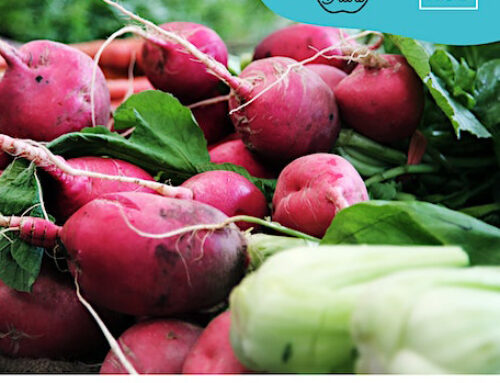Speakers:
Thomasina Miers, co-founder of Wahaca and former Masterchef winner
Geetie Singh-Watson, The Bull Inn, Totnes
Chris Kong, Better Nature
Date: 29th September 2020
KEY INSIGHTS:
The UK is officially in recession, with difficult times for many months to come. What role can food business leaders play in helping build back better in ways that address the root causes of some of the multiple emergencies we face, from climate to diet-related disease, from poverty to biodiversity?
The UK has one of the worst diets in Europe. We prepare less from scratch and eat more processed foods than any of our neighbours. Diet related ill-health causes thousands of deaths a year. The lack of diversity in our farming systems damages biodiversity and the very ecosystems that agriculture depends on.
Ethical food businesses support a resilient food system and diverse diets by championing vegetables and vegetarian options. They support food producers who work with nature and for people. Rather than be reluctant to publicise the underlying principles of a sustainable food business, they should shout them from the rooftops.
Businesses can harness the power of technology to effect change and address the issues society is facing, like climate change. One example is developing meat alternatives; shifting to plant-based diets is critical for addressing climate and animal welfare issues.
Big businesses have a huge reach. They can work with small scale producers, and act as ambassadors for organisations that support and certify them (e.g. Soil Association). They have big lobbying power. They’re more agile than governments – as seen by the UK government’s slow responses to the crises facing the UK such as climate and obesity. COVID-19 has eclipsed the other crises, but to build back better, the government must see the bigger picture.
A business can be profitable and ethical. Refusing to compromise on your principles can have huge marketing value – people want to know where their food comes from and whether staff are fairly paid. But businesses need to be held to account. They shouldn’t just be able to say they’re ethical – it must mean something. Certification schemes like Soil Association and Fairtrade are important, and ethical businesses should help those schemes to be even more rigorous.
Individuals must hold businesses to account for the truth. Food citizens of the world want to support good food business and contribute to a positive environment and society. It’s in all our hands to make a difference, in the choices we make about the food we eat, the businesses we support and in what we demand from our government.
Speakers

Thomasina Miers, co-founder of Wahaca and former Masterchef winner
Tommi is a cook, writer and restaurateur. In 2005, she won BBC One’s MasterChef and in 2007, co-founded the highly successful Mexican street food chain, Wahaca.


Geetie Singh-Watson, The Bull Inn, Totnes
Having grown up on a commune in Hertfordshire, Geetie developed an appreciation for the environment and the organic way of growing food from a young age. After working in a restaurant and disillusioned with the quality of food used, Geetie opened the first certified organic pub in the world in 1996. In 2009, she was awarded an MBE for her Services to the Organic Pub Trade.


Chris Kong, Better Nature
Chris Kong is a co-founder of better nature where he is in charge of business development. Better nature is an innovative sustainable food brand using tempeh to create plant based protein alternatives to meat.









Leave A Comment